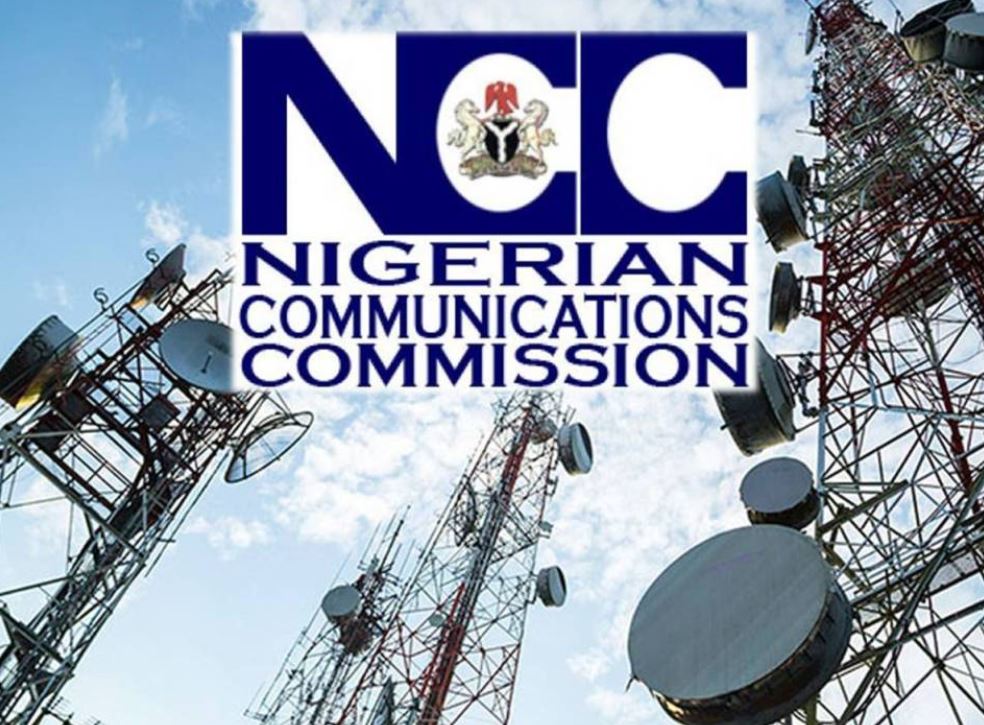The Nigerian Communications Commission (NCC) has announced new cooperative initiatives with financial institutions and the Central Bank of Nigeria (CBN) to address unsuccessful telecom transactions and enhance network service quality.
The NCC’s Executive Vice Chairman, Dr. Aminu Maida, told reporters during a press conference in Abuja on Tuesday that the Commission had updated its Quality of Service (quality of service) guidelines and given co-location service providers, or TowerCos, more responsibility in addition to mobile network operators.
Moves to provide a standardised framework to enhance network service quality
Maida disclosed that the NCC had established a collaborative task force with the CBN and the banks to standardise procedures regarding electronic payments for airtime and data purchases in response to complaints about unsuccessful recharges and top-ups.
“When you recharge, you get debited and don’t necessarily get the credit. The director of consumer affairs and our counterparts in the CBN set up a task force, and there’s now a framework that is undergoing review to standardise the operations around top-ups and recharge,” Maida explained.
He claimed that research revealed that the leading cause of the issue was the lack of a standardised framework.
“It was literally up to every player in the ecosystem. That was why we had to bring all parties together,” he added.
Improved regulatory oversight of service delivery
The EVC emphasised that the Commission had improved regulatory oversight of service delivery in addition to transaction failures.
“We have revised our Quality of Service guidelines, so we no longer just hold the mobile network operators accountable. We have brought TowerCos into scope to hold them accountable for the quality of service,” he said.
He claimed that operators had already submitted plans for service improvement, which are being examined in the regulator’s biweekly meetings.
He disclosed that new equipment to improve network quality was already being delivered and installed nationwide, and that new investments were being made in critical infrastructure.
“We have engaged the operators directly on their rollout plans, and they are expected to deliver measurable improvements. Nigerians will soon begin to see the benefits of the ongoing deployments,” Maida assured.
NCC responds to the increasing number of complaints over data depletion
In response to the increasing number of complaints regarding data depletion, Maida clarified that independent system audits conducted by Tier-1 audit firms, including PwC and Klynveld Peat Marwick Goerdeler (KPMG), did not uncover any indication that operators were purposefully deleting customer data.
Instead, he claimed that part of the reason for consumer discontent was unclear tariff structures.
“What we did was issue a guideline for simplification and gave them a template whereby everybody must disclose their tariffs in a unified format,” he stated.
Maida underlined that transparency and information disclosure would continue to be critical regulatory tools for boosting competition, enhancing customer protection, and enhancing service delivery.
Noting that the NCC was monitoring new developments in digital consumption, he also pledged that future regulatory actions would be planned to protect users while fostering innovation.
“Our role is to ensure that Nigerians not only have access to telecom services but can also rely on them confidently,” he said.
Advice for Nigerians to manage data usage
In her remarks, Freda Bruce-Bennett, the Director of the NCC’s Consumer Affairs Bureau, encouraged Nigerians to use data more intelligently.
Bruce-Bennett suggested that users update mobile apps frequently, restrict automatic downloads, and monitor their devices’ background activity to reduce needless data usage. She also promoted the use of service providers’ data management tools.
“Simple steps like monitoring app permissions, turning off auto-play on videos, and disabling background data for non-essential apps can make a big difference,” Bruce-Bennett noted.
The NCC reaffirmed its dedication to collaborating with banks and mobile operators, among other stakeholders, to provide Nigerians with dependable, reasonably priced, and transparent telecom services.











